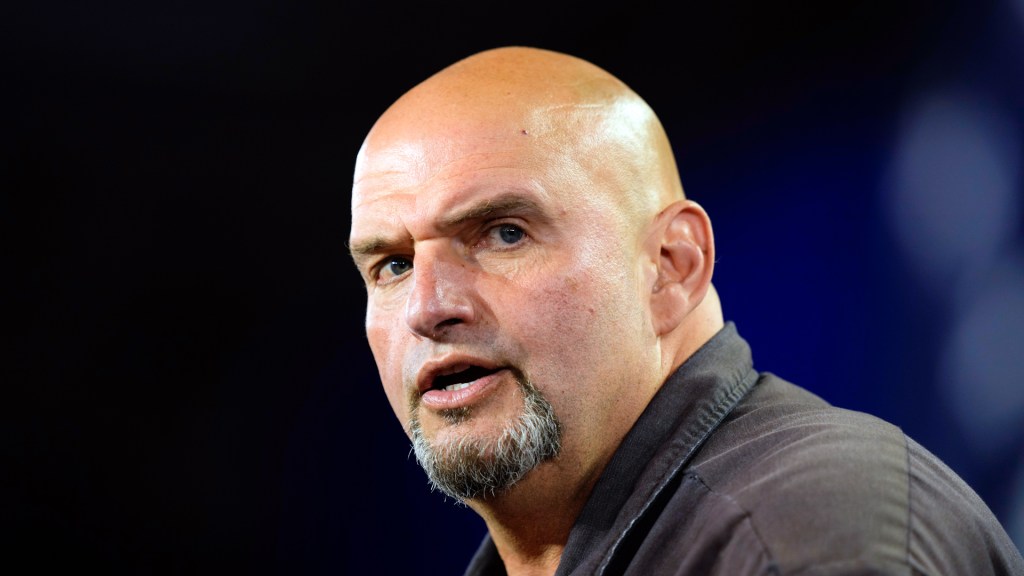The leaders of the forthcoming Department of Government Efficiency want to move fast to reduce the federal government’s size and spending.
(Ramaswamy musk pic)
Vivek Ramaswamy, who will co-head the department with Elon Musk, says they will likely start with executive actions, then ask congress to make budget cuts.
One of the big targets, according to Ramaswamy, will be unelected bureaucrats who write rules and regulations based on the laws of Congress.
Vivek Ramaswamy: “It’s the unelected bureaucrats in the administrative state that was created through executive action, it’s going to be fixed through executive action.”
Ramaswamy also wants to target Government contractors who he says are overcharging for their services. He pointed to the Pentagon failing seven audits in a row, over half its budget is spent on military contractors.
Ramaswamy says they want to finish all their work by July 4, 2026.
Vivek Ramaswamy: “from my otter transcript which is off, it’s 5:15 after interview starts, i skipped intro”
We expect certain agencies to be deleted outright. We expect mass reductions in force in areas of the federal government that are bloated, we expect massive cuts among federal contractors and others who are over billing the federal government.
Cutting the budget won’t be easy because so much money the government spends is mandatory. Federal spending falls into two categories – mandatory and discretionary. Discretionary spending can be changed every year, it’s totally up to Congress and the President.
Mandatory spending is money the government is legally obligated to pay out because it is written into law. That includes Social Security, Medicare, Medicaid, unemployment, food assistance and other entitlement programs.
Mandatory spending makes up more than half the government’s expenses. For example in 2023 – the federal government’s total outlay was $6.1 trillion, $3.8 trillion was mandatory, $1.7 trillion was discretionary, the rest was spent on interest payments. Of the discretionary spending – $805 billion was on defense, which lawmakers typically increase every year. That leaves $917 billion on non-defense spending, which is only about 15% of the government’s budget.











